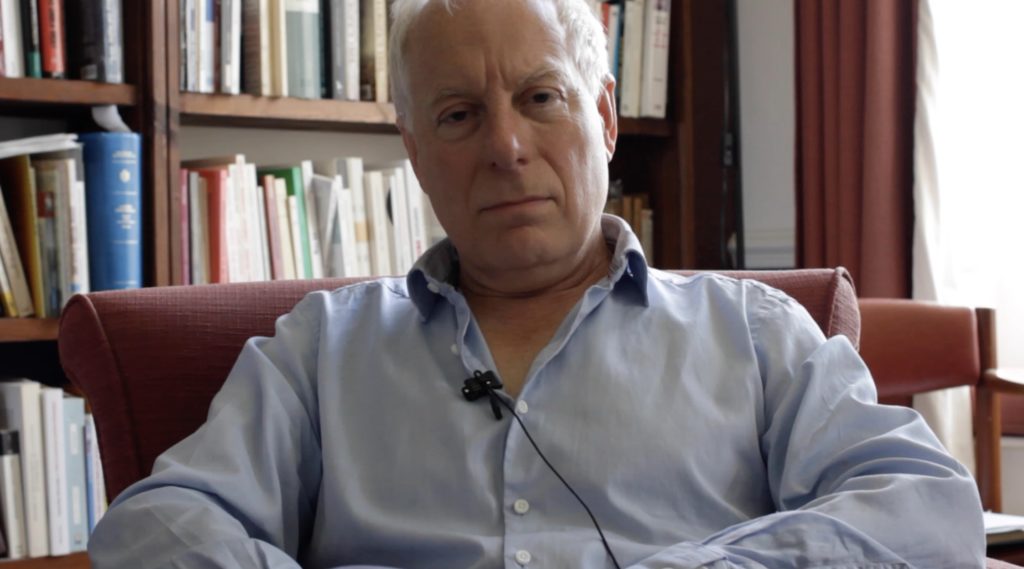This week, we ask, are Britain and France still trapped in their own myth-making about their colonial pasts? My guest on the programme is Robert Gildea, who is professor of modern history at the University of Oxford. On the British situation he told me:

Robert’s latest book, Empires of the Mind (Cambridge University Press, 2019), looks at Britain and France’s post-colonial experience and investigates how both nations have fantasized about what empire meant; how they’ve attempted to come to terms with the loss of empire but nearly always failed; and how legacies of empire still cast long shadows over current politics – we talk about hostility towards immigrants in the UK dating back decades which was whipped up by the Brexit campaign. We also talk about the ways in which British and French approaches to the end of empire have differed, and how radical Islam has changed the situation again.
The history of the UK, France, and the USA since 1945,’ historian David Andress wrote, ‘is marked indelibly by a sense of entitlement to greatness.’ The loss of empire has, Gildea argues, undermined that sense and produced attempts to conjure up new fantasies of empire to reinforce colonial divisions in contemporary societies. More bluntly put, the poisonous legacy of empire is still feeding racism.
When I met Robert in Oxford last month, commemorations of D-Day were in full swing in Britain, so I began by asking him how he read the narrative of that which was being presented, of defiant, heroic Britain almost single-handedly defeating the Nazi foe. There’s a template there, it seemed to me, for post-war, post-colonial Britain’s attitude to the EU taking shape and a definite simplification of history going on.
Latest podcast: Robert Gildea of @OxfordHistory on the imperial myths that refuse to die in UK and France https://t.co/wOzeKIp9dJ Book from @CambridgeUP @CUPBookshop pic.twitter.com/4I4XVP4IMD
— Hedgehog and fox (@hedgehog_n_fox) July 17, 2019
